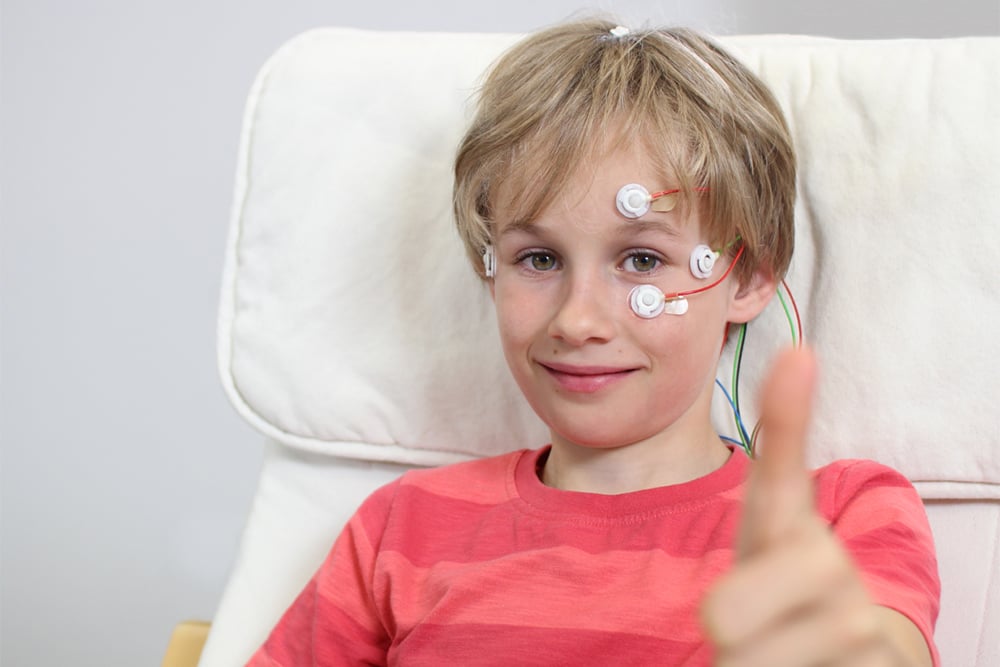The Advantages of Neurofeedback
Our brain is incredibly adaptable. Every day we process and learn new information, creating new neural pathways. This is known as neuroplasticity. Neurofeedback harnesses the brain's natural ability to change to retrain your brain. In neurofeedback therapy for ADHD, your brain is rewarded for changing its activity into healthier patterns. When the brain is better able to regulate itself, this can help you focus when needed during the day and fall asleep and stay asleep through the night.
Neurofeedback is suitable for a wide range of people:
- Adults, adolescents and children over 6 years of age with inattention and impulsivity problems (ADHD) and/or sleep disorders.
- People suffering from subtypes of ADHD
- Performance-oriented professionals and athletes who want to improve their sleep and cognitive performance.

Advantages of Neurofeedback for patients
Sustainable improvements
Patients play an active role
Pain-free
Without side effects
Efficient
The therapy takes place in a time-limited treatment period of 25 to 40 sessions on average. After that, no further treatment is necessary
Playful treatment for children
Substitution of medicines
Treatment possible without a diagnosis
Suitable for all age groups
Scientifically proven
Writing samples - impovements through Neurofeedback
Handwriting samples impressively demonstrate the improvements in performance caused by Neurofeedback. These three children show that training of the slow cortical potentials has not only changed the quality of their handwriting but also the error rate in written exercises.
Example 1: Tim

left: Essay written in April 2006, before Neurofeedback-Training
right: essay written in Februar 2007, with Neurofeedback
Example 2: Nina

left: Dictation written before Neurofeedback training
right: Dictation written 3 months later, with Neurofeedback
Example 3: Tobias

left: Exercise of September 2006, before Neurofeedback taining
right: Exercise of November 2006, with Neurofeedback
Find a clinic
Seek innovative and personalized treatment at a clinic near you
I'm a clinician
Learn more about our platform, innovative technologies and training academy for health professionals and researchers.
I'm an investor
Learn more about our vision and plans for growth and access our Investor Room.
Stay up to date with the neurocare platform and our network of clinics
Stay up to date with our platform and clinics
Copyright © neurocare group AG 2026





